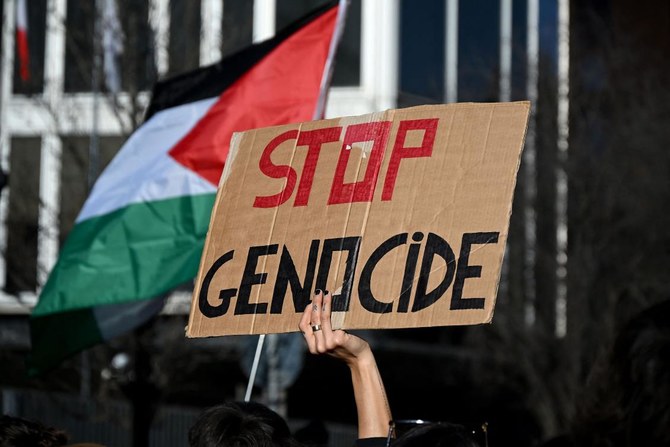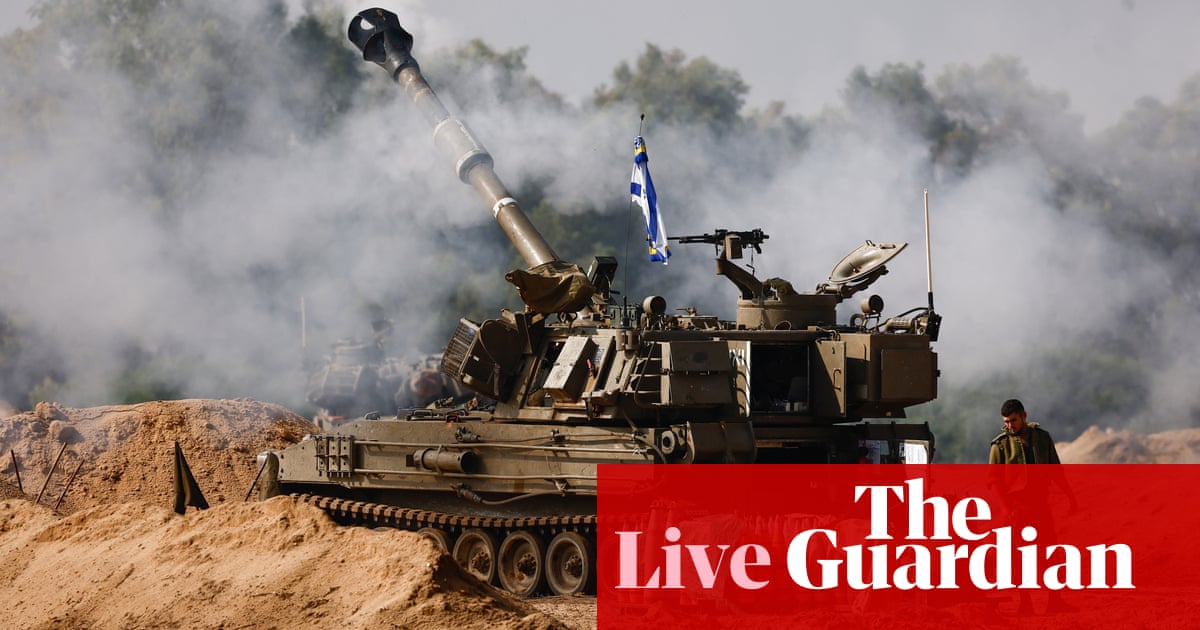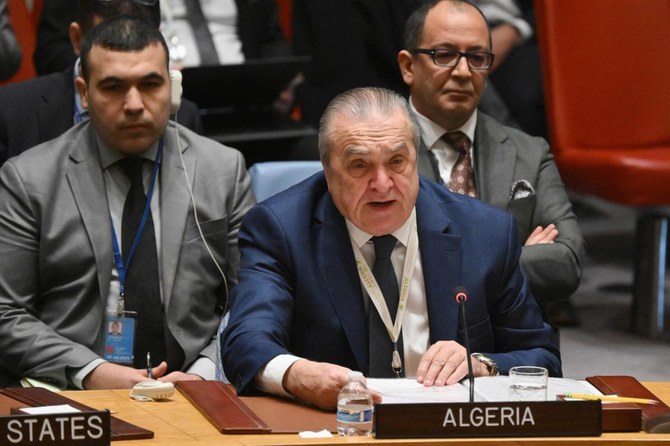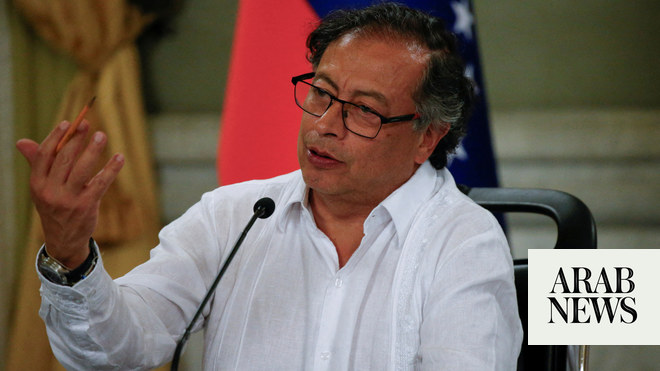
For months, protesters around the world have been calling for a ceasefire in the brutal Israeli war of revenge against Palestinians in Gaza. On Monday, March 25, after 171 days of carnage, the UN Security Council finally took notice and voted to adopt a resolution calling for a ceasefire.
The vote at the UN headquarters in New York came amid the high cost of the war in Gaza in terms of the blood of Palestinians and the destruction of their property.
The Security Council resolution must now serve as a building block for a genuine effort to reach a breakthrough in the indirect peace talks between Israel and Hamas, with the assistance of regional and international mediators.
Although there are inherent problems with the resolution, the fact that the international community finally uttered the word “ceasefire” in unison should be enough to prompt real change on the ground in Gaza.
The text of the resolution seems to have some contradictory time frames, however. On the one hand, it “demands an immediate ceasefire for the month of Ramadan” but then states that it expects this cessation of hostilities to lead to “a lasting, sustainable ceasefire.”
UN officials said that the reference to Ramadan also includes the Eid Al-Fitr holidays, normally a three-day period at the end of the holy month, which means that at best, a Ramadan ceasefire would continue until around April 13.
The resolution is not perfect, then, but at least the world’s leading mechanism for peace and security finally adopted a position that demands that the warring sides end this madness. Hamas was quick to accept the resolution and express willingness to abide by it. Israel, on the other hand, poured scorn on their biggest, most loyal ally, the US, for failing to block it.
The key is for both sides not to become bogged down on minor issues, and to recognize the importance of this resolution
Daoud Kuttab
Before the Security Council vote took place, Hamas negotiators in Doha had made some demands when presented with a US-sponsored offer of a six-week humanitarian ceasefire and prisoner exchange agreement. The offer, which had been accepted by Israel, was rejected by Hamas because it made no reference to a permanent ceasefire, the robust provision of humanitarian aid, the withdrawal of the Israeli military from Gaza, or permission for the 1.1 million displaced Palestinians now crowded into the southern city of Rafah, and facing the threat of a major Israeli offensive there, to return to their homes in central and northern Gaza.
While some of those demands are addressed by the Security Council resolution, it still lacks clarity about a permanent ceasefire. Nonetheless, the acceptance of it by Hamas signals the group’s trust in the decision of the international community.
If Israel does not retract its prior support for the proposal that was presented by the Americans before the UN vote, and if Hamas shows some degree of flexibility during the ongoing negotiations in Qatar, there might just be light at the end of this tunnel.
The Security Council resolution calling for a ceasefire, incomplete though it might be, nonetheless provides negotiators in Qatar with a chance to build on a clear decision taken by the international community.
The deal offered in Qatar, based on a proposal presented by William Burns, director of the CIA, could actually provide a longer ceasefire duration of six weeks, rather than the three weeks or so indicated by the Security Council resolution.
The key is for both sides not to become bogged down on minor issues, and to recognize the importance of this resolution, which has the support of the world behind it.
To back this up, the international community, and especially those countries with the most influence on Israel, must make it clear, in no uncertain terms, that they say what they mean and mean what they say.
The fact is that diplomatic hints, press leaks and public threats are clearly not enough to motivate an Israeli government led by a four-time-indicted prime minister who knows that when the war ends, he will be the first held accountable for it by the people of Israel.
The decision of the US to abstain from the vote but not block it is the first step in matching words with actions, but it will be a useless act if it is not backed by other, more powerful actions, such as sanctions.
Supplying military weapons to Israel, a country clearly defying international law and binding resolutions of the UN Security Council should not be off the books. The UN charter provides in Chapter VII a clear mechanism for enforcing resolutions that countries fail to adhere to. Such use of Chapter 7 should be made clear to Israel and its friends and allies who have until now been continuing to supply it with weapons and ammunition. No one is above international law no matter who your friends and allies are.
The same logic can be applied to the Paris Olympics this summer. In the past, countries that clearly fail to adhere to the rules of international law have been barred from participating in the world’s top international sporting events; for example, South Africa during the era of its racist Apartheid government.
The UN Security Council resolution sadly is too little too late for the tens of thousands of civilians who have already lost their lives in this vengeful war by Israel on the Palestinian people.
But if this important resolution is to be taken seriously and prevent more bloodshed, further steps are required from the Security Council that adopted it, and the individual member states that allowed it to pass.
All eyes are now on the peace talks in Doha. Israeli authorities need to understand that the world will no longer allow them to persist with their genocidal war without a reckoning.
Daoud Kuttab is an award-winning Palestinian journalist and a director of Community Media Network. X: @daoudkuttab
Disclaimer: Views expressed by writers in this section are their own and do not necessarily reflect Arab News" point of view












